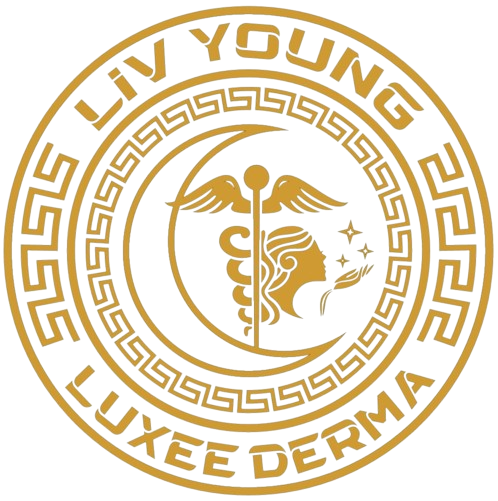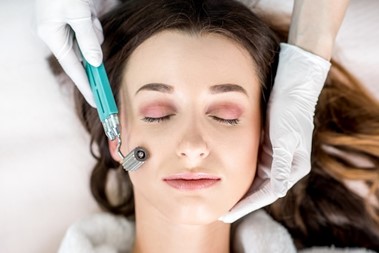Your skin is your body's largest organ, and like any other organ, it ages over time. Sun exposure, environmental factors, and even genetics can contribute to the appearance of wrinkles, fine lines, acne scars, and uneven skin tone. Microneedling, a minimally invasive cosmetic procedure, has emerged as a popular option to address these concerns and promote a more youthful appearance.
What is Microneedling?
Microneedling, also known as collagen induction therapy, involves using a sterile roller or pen containing tiny needles to create controlled micro-punctures in the top layer of your skin. This triggers the body's natural healing response, stimulating collagen and elastin production. These proteins are essential for maintaining skin structure, firmness, and elasticity.
Benefits of Microneedling
Microneedling offers a range of benefits for various skin concerns:
Reduced wrinkles and fine lines: By stimulating collagen production, microneedling helps plump up the skin, reducing the appearance of wrinkles and fine lines.
Improved skin texture: Microneedling can address uneven skin texture, including acne scars and stretch marks, by encouraging the skin to repair itself.
Minimized pores: The procedure can help shrink enlarged pores, leading to a smoother and more refined complexion.
Enhanced product absorption: Microneedling creates temporary channels in the skin, allowing for better absorption of topical skincare products.
Reduced hyperpigmentation: Microneedling can be effective in addressing sun damage and uneven skin tone.
Who is a Candidate for Microneedling?
Microneedling is generally safe for most people with minimal side effects. However, it might not be suitable for everyone. Here's a breakdown:
Good Candidates: Individuals with fine lines, wrinkles, acne scars, uneven skin tone, or enlarged pores can benefit from microneedling.
Not Recommended For: People with active acne, rosacea, eczema, or open wounds should avoid microneedling. Additionally, those with a history of keloid scarring or pregnant women are not ideal candidates.
The Microneedling Procedure
A microneedling session typically involves the following steps:
Consultation: Your doctor will discuss your concerns, assess your skin health, and determine if microneedling is right for you.
Numbing Cream: A topical numbing cream may be applied to minimize discomfort during the procedure.
Microneedling: The doctor will gently glide the microneedling device across the treatment area, creating controlled micro-injuries.
Soothing Treatment: After the microneedling, a calming lotion or serum might be applied to soothe the skin.
What to Expect After Treatment?
Mild redness: Your skin may appear slightly red and swollen for a day or two following the procedure.
Sun protection: Following microneedling, it is crucial to use sunscreen diligently to protect your newly resurfaced skin.
Makeup avoidance: Avoid wearing makeup for at least 24 hours after treatment.
Gradual results: Visible improvements in your skin texture and tone may take several weeks to become noticeable, with continued improvement over time.
Number of Sessions and Maintenance
The number of microneedling sessions recommended will depend on your individual goals and skin concerns. Typically, a series of 3-6 sessions spaced 4-6 weeks apart is recommended. Following the initial treatment course, maintenance sessions every 6-12 months can help sustain the results.
Safety Considerations
It is important to choose a qualified dermatologist or cosmetologist with experience in microneedling to ensure optimal results and minimize risks. Discuss your medical history and any medications you are taking with your doctor before undergoing the procedure.
Microneedling offers a safe and effective way to address various skin concerns and achieve a smoother, more youthful appearance. If you are considering microneedling, consult with a qualified doctor to discuss your specific needs and determine if it is the right option for you.



